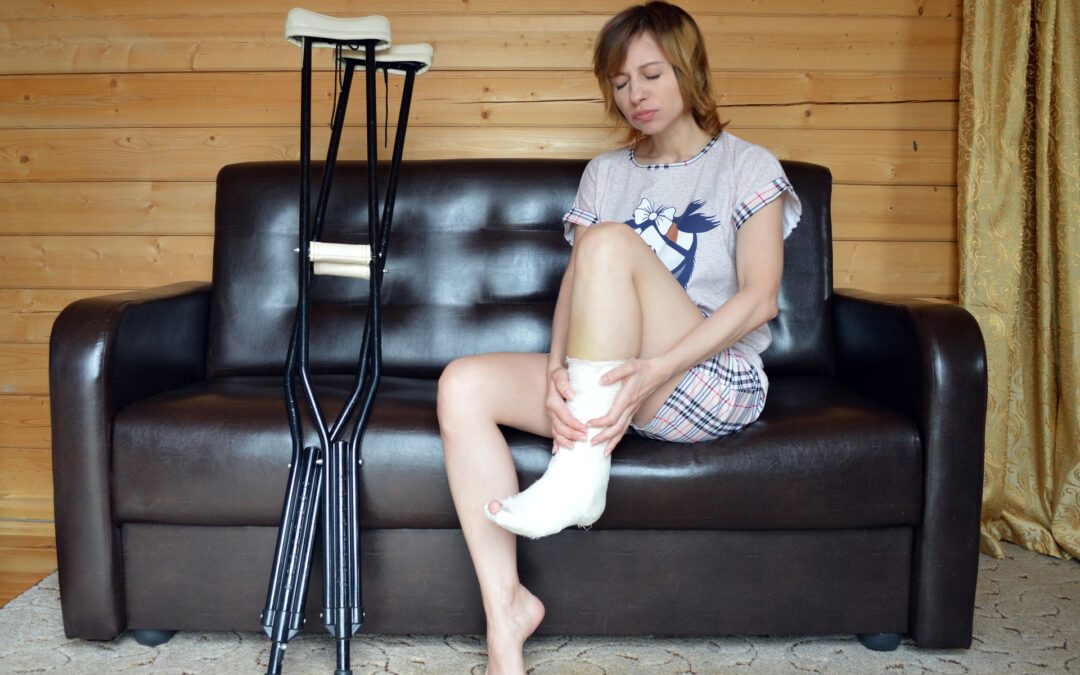Car accidents, running accidents, surfing accidents, you name it, trauma to the body does indeed create trauma upon the unconscious mind for many people. Accident-based trauma is, however, often easier to treat than trauma founded in emotional abuse. It depends on the severity
When accident-based trauma sets in, it is because we have a really good reason to be scared. It is not an unknown fear, this fear is a known quantity. It is a warning, in case it happens again. This fear is helping you to be careful, so that it doesn’t happen again. You might say that it is a rational fear, except of course unless it is not.
Kylie’s Accident-Based Trauma – Hiking
“I would climb Mount Coolum at least once a day”, Kylie told me. ‘Then one day I wasn’t careful enough on the descent, and I twisted my ankle. I just wasn’t paying attention”. The repercussions from twisting her ankle were compounded. Kylie missed out a rare wok opportunity because of her ankle, and she has felt repressed ever since. She has also been too afraid to go hiking since then. More interesting, she developed a habit of hurting herself so that she couldn’t go exercising.
When I investigated her accident-based trauma, I discovered that Kylie’s mother had recently died of cancer too. Her mother was a proverbial Amazon, always stretching her limits with physical activity. How could she become sick? She was the strongest, healthiest woman Kylie had ever known. The death of Kylie’s mum cemented the idea that exercising was dangerous, even though we all know that exercise is good for us. To the unconscious mind, Kylie’s own accident-based trauma, as well as the death of her mother, indicated otherwise.
Getting Kylie Back into Her Hiking Boots
We needed to deal with the loss of Kylie’s mum before we could move onto tackling Kylie’s recently acquired accident prone behaviour, and her belief that exercise is harmful. Kylie’s repeated accidents were a way for her unconscious mind to protect her from taking any further risks. We needed to get the unconscious mind to accept that calculated risks were OK, and without them, Kylie’s life would be robbed of meaning. So Kylie had to think about what level of risk she would like to be able to take in order to enjoy an active life. This is about establishing a boundary between rational versus irrational fear.
In regression, or timeline therapy, we focused on feeling not capable, which was, what Kylie described as her underlying fear of hiking. When we regressed that not capable feeling, we went deeper into the emotion of not confident, which was broader and encompassing other areas of her life as well. As we went further back, that not confident belief became, “I’m not meant to be here”.
When a client comes up with this belief, I know that the issues are long standing. This did not begin with a hiking incident. The incident just brought it all out to the fore. As we worked through the “I’m not meant to be here” belief, Kylie began to feel lighter. By the end of the session she was eager to get her hiking boots on. Sessions two and three involved several NLP and hypnotic techniques to cement the work we had begun.
If you have an accident-based trauma, whether is relates to deeper issues or not, it might be time to give hypnotherapy a go. Horizons Clinical Hypnotherapy Sunshine Coast

